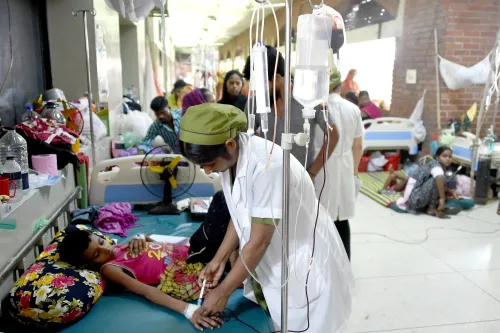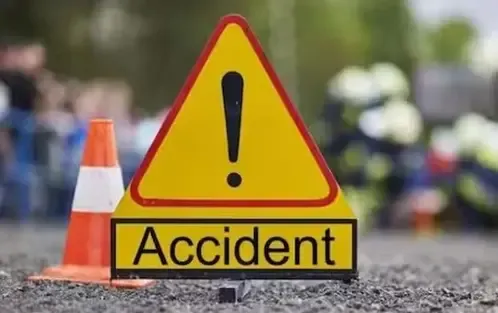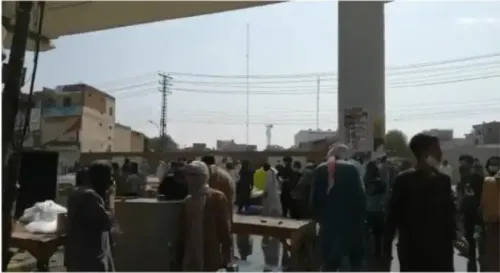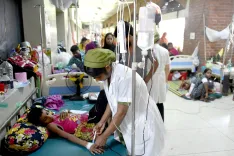How will the UAE and India Collaborate on Terrorism?
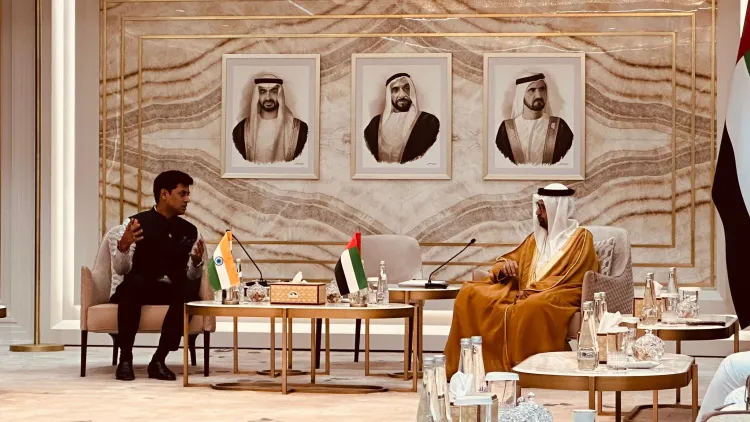
Synopsis
Key Takeaways
- UAE and India strengthen ties against terrorism.
- The importance of collaboration on security matters.
- Condemnation of cross-border terrorism.
- UAE's support for India's stance on terrorism.
- Recognition of the Indian diaspora's contributions.
Abu Dhabi, May 22 (NationPress) The United Arab Emirates (UAE) assured India on Thursday that the two nations will confront terrorism collectively as their robust bilateral ties transcend beyond mere trade and culture, also covering security and strategic concerns.
Sheikh Nahyan Mabarak Al Nahyan, the UAE's Minister of Tolerance and Co-Existence, along with Ali Rashid Al Nuaimi - the Chairman of the Defence, Interior and Foreign Affairs Committee of the Federal National Council - and other senior Emirati parliamentarians expressed unwavering support for India during a meeting with a high-level all-party delegation from India, led by Shiv Sena MP Shrikant Eknath Shinde, in Abu Dhabi on Thursday.
The delegation brought attention to the ongoing issue of cross-border terrorism and the attempts to incite social discord in India by Pakistan. In response, Nahyan Mabarak Al Nahyan offered his heartfelt condolences over the April 22 Pahalgam terrorist attacks, stating, "India and UAE will tackle terrorism together. The UAE will always stand by India."
Subsequent discussions between the delegation and Al Nuaimi highlighted the carefully measured and non-escalatory response of Operation Sindoor to the heinous terrorist attack on tourists in Kashmir on April 22.
As noted by the Embassy of India in Abu Dhabi, Nuaimi emphasized during their meeting, "The India-UAE relationship transcends trade and culture, encompassing security and strategic matters. Terrorism is a threat to humanity, and the international community must respond now."
This visit marks the UAE as the initial destination in a broader four-nation diplomatic initiative for the delegation, which also includes other Members of Parliament such as Bansuri Swaraj, ET Mohmd Basheer, Atul Garg, Sasmit Patra, Manan Kumar Mishra, Surendrajeet Singh Ahluwalia, and former Ambassador Sujan Chinoy.
Upon arriving, the delegation engaged with the UAE leadership and media to elaborate on the significance of Operation Sindoor and to reaffirm India's steadfast position against cross-border terrorism.
Additionally, they conferred with Jamal Al Kaabi, Director General of the National Media Office, addressing concerns regarding misinformation campaigns originating from Pakistan. The delegation presented factual evidence to counter the disinformation and shed light on Pakistan's propaganda efforts.
Shinde, leading the delegation, participated in an interview with UAE's prominent newspaper, The National, outlining the timeline of India's enduring struggle against cross-border terrorism and highlighting the new normal established by Prime Minister Narendra Modi through Operation Sindoor.
The day concluded with an interaction with the Indian community in the UAE, acknowledging their essential contributions and reaffirming India's commitment to its diaspora. The delegation praised the diaspora for promoting values of tolerance, pluralism, and unity, while resisting divisive tactics aimed at destabilizing India's social framework.
On Friday, the delegation plans to engage in closed-door strategic discussions with prominent think tanks and influential leaders in Abu Dhabi and Dubai.
The UAE was among the first nations to categorically denounce the Pahalgam terrorist attack. Leaders from the UAE, including President Sheikh Mohamed Bin Zayed Al Nahyan and Deputy Prime Minister and Foreign Minister Sheikh Abdullah Bin Zayed Al Nahyan, personally extended their condolences to PM Narendra Modi and External Affairs Minister (EAM) S. Jaishankar through phone conversations.

